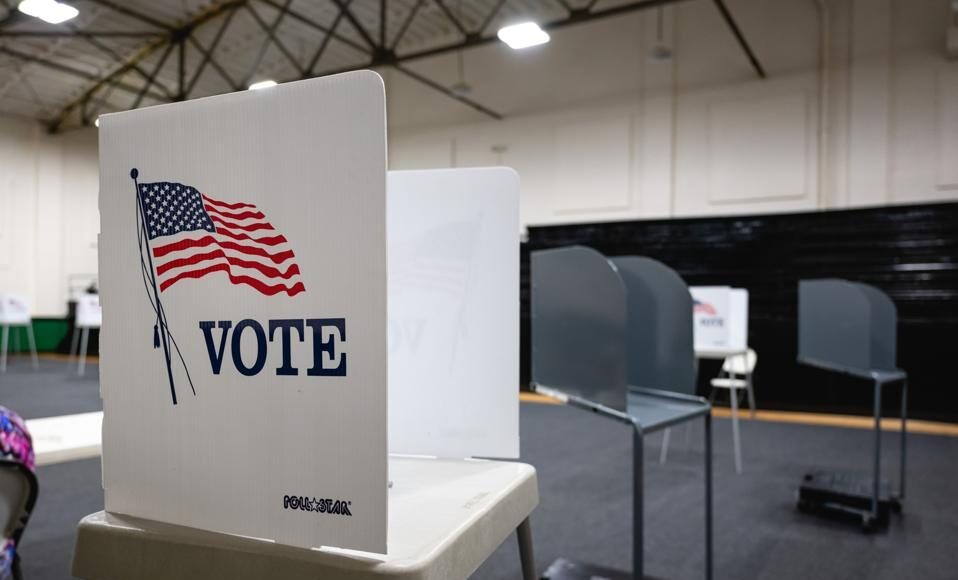More than 50 countries around the world with a combined population of around 4.2 billion will hold national and regional elections in 2024, in what is set to be the biggest election year in history featuring seven of the ten most populous nations in the world.
The United States is gearing up for presidential and House elections in November, which could be a repeat of 2020 if President Joe Biden goes head-to-head against his predecessor Donald Trump.
India, the world’s largest democracy, will hold general elections sometime before June, in which Prime Minister Narendra Modi’s Hindu nationalist Bharatiya Janata Party will attempt to secure a third term against a coalition of opposition regional and national parties called the Indian National Developmental Inclusive Alliance (INDIA).
Bangladesh will hold one of the first major elections of the year on Jan. 7, with Prime Minister Sheikh Hasina practically guaranteed a fifth term as the main opposition Bangladesh Nationalist Party chose to boycott the poll.
Taiwan will follow closely with polls set for Jan. 13 as the democratic island faces growing threats from China, which claims it as part of its territory; pro-U.S. Lai Ching-te is leading in the polls.
Indonesia and Pakistan, the world’s fourth and fifth-most populous countries, respectively, will hold general elections in February with Jakarta looking for a new leader as President Joko Widodo is ineligible for a third term, while Islamabad hopes to emerge from a constitutional crisis that led to the ouster and imprisonment of former Prime Minister Imran Khan.
South Africa, one of Africa’s biggest economies and founding member of the BRICS alliance, will hold elections sometime after May, with President Cyril Ramaphosa’s African National Congress hoping to continue its uninterrupted hold on power since the end of Apartheid in 1994.
Mexico will hold general elections in June, when it is almost certain to elect its first female leader as incumbent Andrés Manuel López Obrador’s protégé Claudia Sheinbaum will take on Xóchitl Gálvez, who is leading a coalition of opposition parties.
Major elections in 2024 will not be limited just to nation-states as the European Union will hold parliamentary elections in June, amid fears of a resurgence of right-wing parties in the continent. The outcome may have a significant impact on Europe’s ongoing support of Ukraine in its war against Russia as several right-wing parties in Western Europe have expressed opposition to providing continued aid to Kyiv’s ongoing war effort.
945 million. That’s how many registered voters were counted in India at the start of 2023. Since then, Prime Minister Modi has claimed over a billion people will be eligible to vote in 2024 as the world’s most populous nation goes to polls.
Russia and Iran will also hold general elections in 2024, but with authoritarian regimes in power, neither is expected to be free and fair. However, the elections could be subject to potential protest as they are the first to be held amid recent geopolitical turmoil involving both countries. Iran saw widespread anti-government protests in 2022 following the death of 22-year-old woman Mahsa Amini at the hands of the country’s morality police while Russia saw smaller protests and even a potential coup attempt following its invasion of Ukraine in 2022.
2024 is the biggest election year in history (The Economist)








